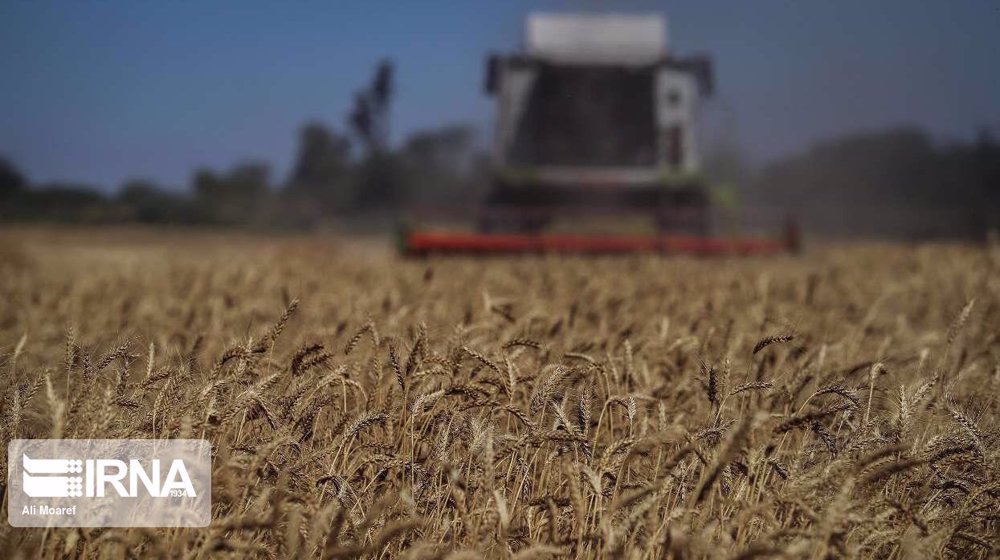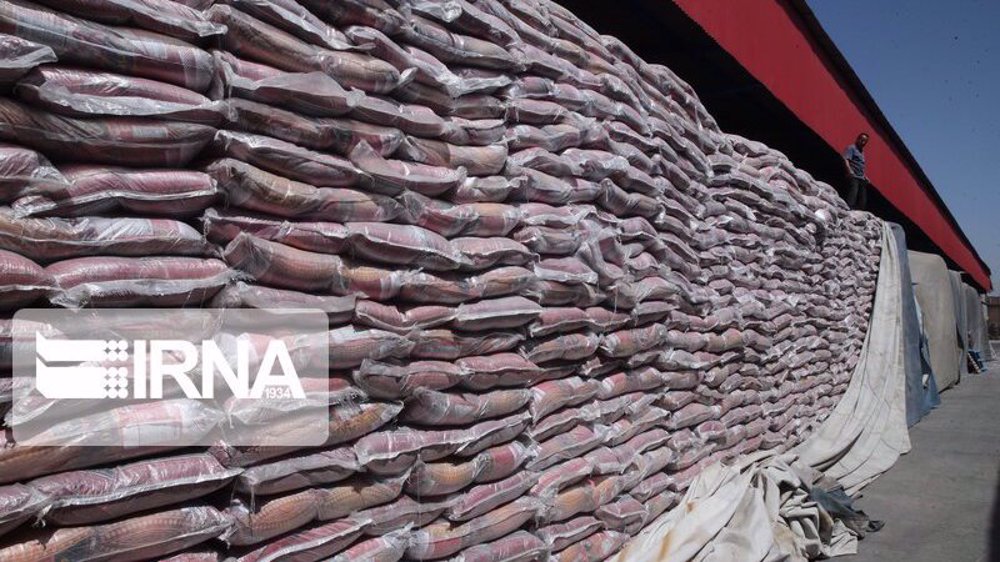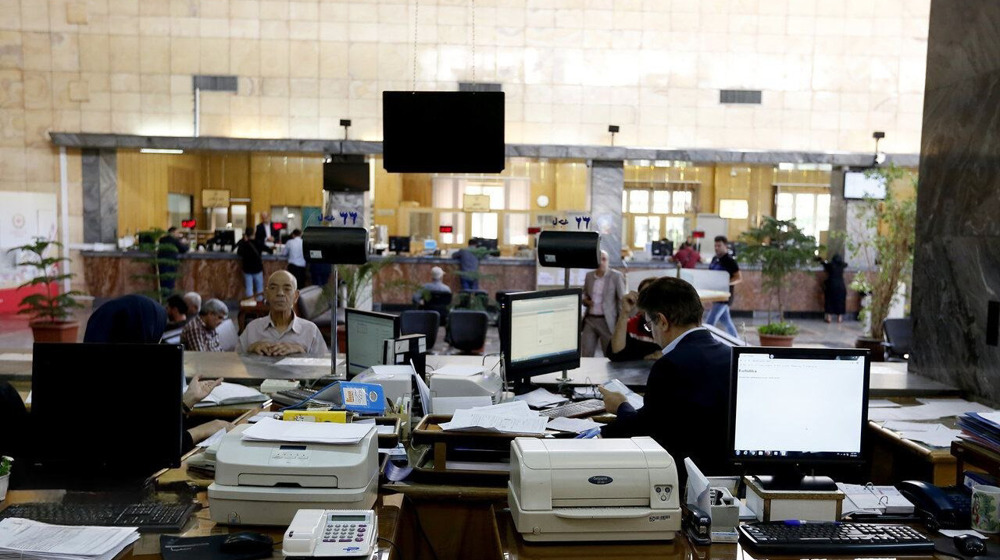Iran unveils farming roadmap to boost output and efficiency
Iran’s agriculture ministry (MAJ) has unveiled a farming roadmap that it says would lead to a major increase in agriculture output in the country while introducing reform measures that will make farming in Iran more sustainable.
The MAJ’s Cultivation Pattern Document was unveiled on Monday in a ceremony attended by a number of senior government and parliament officials including Iranian Vice President Mohammad Mokhber and agriculture minister Javad Sadatinejad.
The scheme encourages cultivation of certain crops in various geographical regions in Iran. Experts say the plan, which entails various supportive measures including direct funding and insurance, will increase yields and returns for farmers while it will lead to a better planning of water and land resources in the Iranian agriculture sector.
Sadatinejad said the document had been waiting to be enacted in Iran for nearly half a century, adding that the government will spend some 300 trillion rials (nearly $1 billion) to implement the program over the Iranian farming season to September 2023.
He said the execution of the plan will lead to 11% rise in agricultural output in Iran, adding that production in the Iranian dryland farming will surge by at least 4.5 million metric tons in the first year of the project.
The minister said Iran will be able to cut back on its use of agriculture water by 6% or around three billion cubic meters per year as a result of implementing the Cultivation Pattern Document.
MAJ’s head of arable farming department Alireza Mohajer said the plan will be enforced in some 12 million hectares of arable lands in Iran until next September, adding that the scheme will expand in the coming years to cover horticulture, husbandry and fisheries activities in the country.
Netanyahu skipped Davos amid arrest fears: Reports
VIDEO | Press TV's news headlines
More Europeans see Trump as 'enemy' than 'friend': Survey
Ukraine war talks begin in UAE as Russia repeats Donbas demand
Iran slams UNHRC session as illegitimate, says no submission to foreign pressure
Six-month-old boy freezes to death in Gaza amid Israel's inhumane blockade
VIDEO | Protestors in South Africa slam US interference in other countries’ affairs
Israel runs smear campaign against Doctors Without Borders: Report











 This makes it easy to access the Press TV website
This makes it easy to access the Press TV website